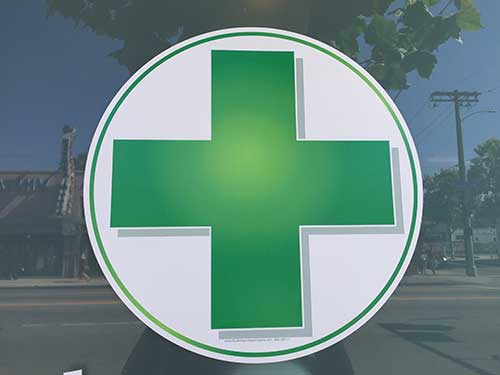
An analysis of medical marijuana use among adults in the United States indicates that more than 21 percent of medical marijuana users reside in states that have not legalized its use; suggesting that physicians might be recommending medical marijuana regardless of legalization in their respective states.
The study, published in the Journal of the American Medical Association this week, reports that a little more than 1 percent of the U.S. adult population uses marijuana based on a clinical recommendation, compared to nearly 12 percent of adults using marijuana for recreational purposes. The study also suggests that those who report they used medical marijuana tend to be in worse health, and were more likely to report anxiety issues, a stroke diagnosis or other disabilities. Medical use, or combined medical/non-medical use, was more common in the Western U.S., and non-medical use was more common in the Northeast.
Researchers from the National Institute on Drug Abuse, the Substance Abuse and Mental Health Services Administration (SAMHSA) and the Office of the Assistant Secretary for Planning and Evaluation in the U.S. Department of Health and Human Services used data from nearly 100,000 adults who participated in the National Survey on Drug Use and Health, funded and coordinated by SAMHSA in 2013-2014.
For a copy of the paper, "Use of Marijuana for Medical Purposes Among Adults in the United States," published in the Journal of the American Medical Association, go to http://jamanetwork.com/journals/jama/fullarticle/10.1001/jama.2016.18900.
For information about marijuana, go to: https://www.drugabuse.gov/drugs-abuse/marijuana.
For more information, contact the NIDA press office at media@nida.nih.gov or 301-443-6245. Follow NIDA on Twitter and Facebook.
